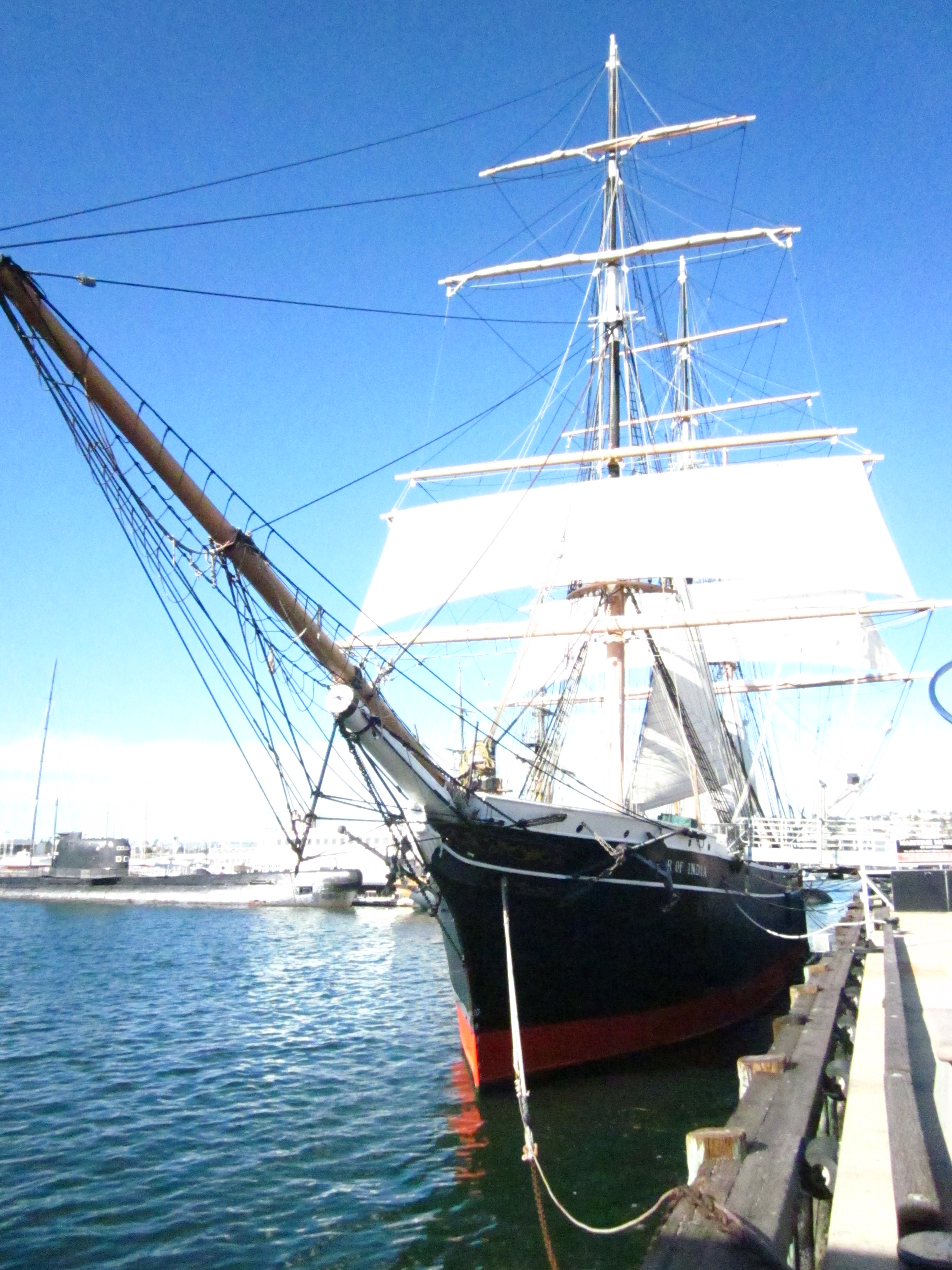If it rains, I will bring an umbrella with me to work.
If you eat a lot of cookies, you might get a tummy ache.
If I had been born in Spain, I would have spoken Spanish as my mother tongue.
If you do not water your plants, they die.
April’s Grammar Lesson of the Month is… conditionals!
What are Conditionals?
Conditionals are a special type of sentence that explains a situation and its consequences. Conditionals use the word “if” to express this relationship between two things. If one thing happens, then another thing happens; for example, if you don’t use an umbrella when it rains, you get wet. Using an umbrella causes you to stay dry, and not using an umbrella causes you to get wet. Of course, CISL San Diego students rarely worry about this example, since it hardly ever rains in SD! 🙂

There are four main conditionals that are commonly used in the English language, and they are called the first conditional, second conditional, third conditional, and the zero conditional. In honor of “Conditional Month” at CISL, we will present a different conditional (and practice work!) for a new conditional each week. Make sure to check back on our blog and practice using the conditionals each week this April! And remember: IF you read the blog each week, you WILL know each of the conditionals by May! (Grammar joke!)
We will start with the easiest and most commonly used conditional: the first conditional.
First Conditional
[if + subject + verb] + [subject + will/shall/can/may + base verb]
The first conditional presents issues that have a real possibility of happening. Typically, this conditional is used for real events in the future (you probably would not use this conditional to talk about winning the lottery since, let’s be honest, it probably won’t happen!). But there is a good chance that you often talk about future plans, and that these plans change depending on things like the weather or people’s schedules.
- If it rains Wednesday, we will postpone the soccer game.
- If I can get vacation time, I will go to Spain.
- If it is sunny, we may go to the park.
It is important to note that you can flip this conditional; for example:
- We will postpone the soccer game if it rains Wednesday.
- I will go to Spain if I can get vacation time.
- We may go to the park if it is sunny.
Did you notice anything about this switch? The comma disappears! In addition, the word “then” is also omitted when you switch the “if” clause to the end of the sentence.
- If Susie comes over, then we shall eat fish (she’s a vegetarian).
- We shall eat fish if Susie comes over.
Practice with the First Conditional
Are you ready to practice the first conditional? Answer these questions:
1. What will you do this weekend if it is sunny? (“If it is sunny, I will/may + base verb…“)
2. What will you do this weekend if it is rainy? (“If it is rainy, I will/may + base verb…”)
3. What will you do if your friend cancels your plans for tonight?
4. What will you do if you forget your homework?
5. What will you say if your friend asks to borrow five dollars?
Note: the words “will” and “shall” and “may” CANNOT go in the “if” clause.
INCORRECT: If we will go to Burger Lounge, I will buy a hamburger.
CORRECT: If we go to Burger Lounge, I will buy a hamburger.
Have fun practicing your conditionals! And remember to check the CISL Blog next week to learn about the second conditional!
